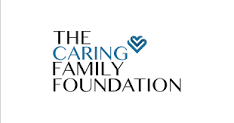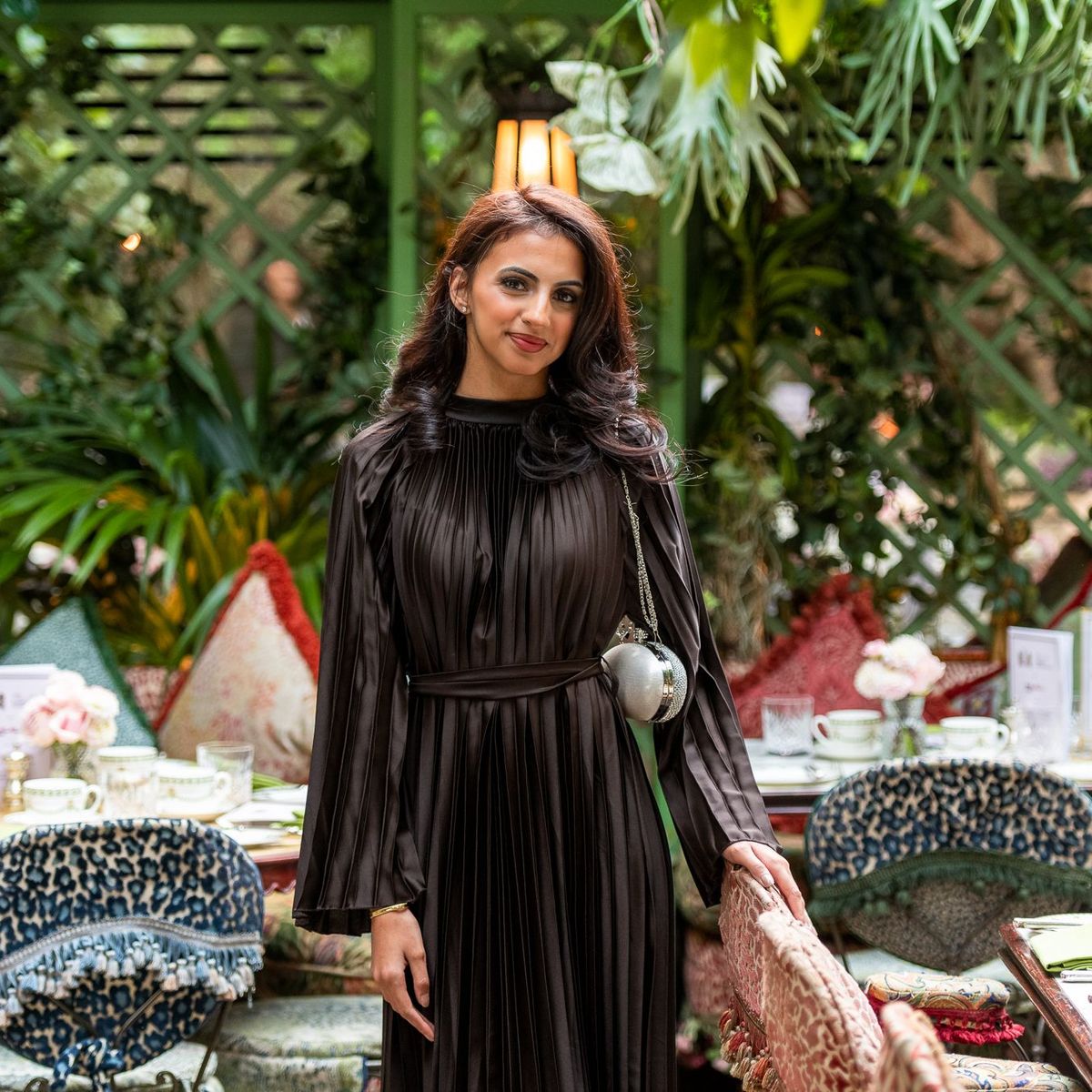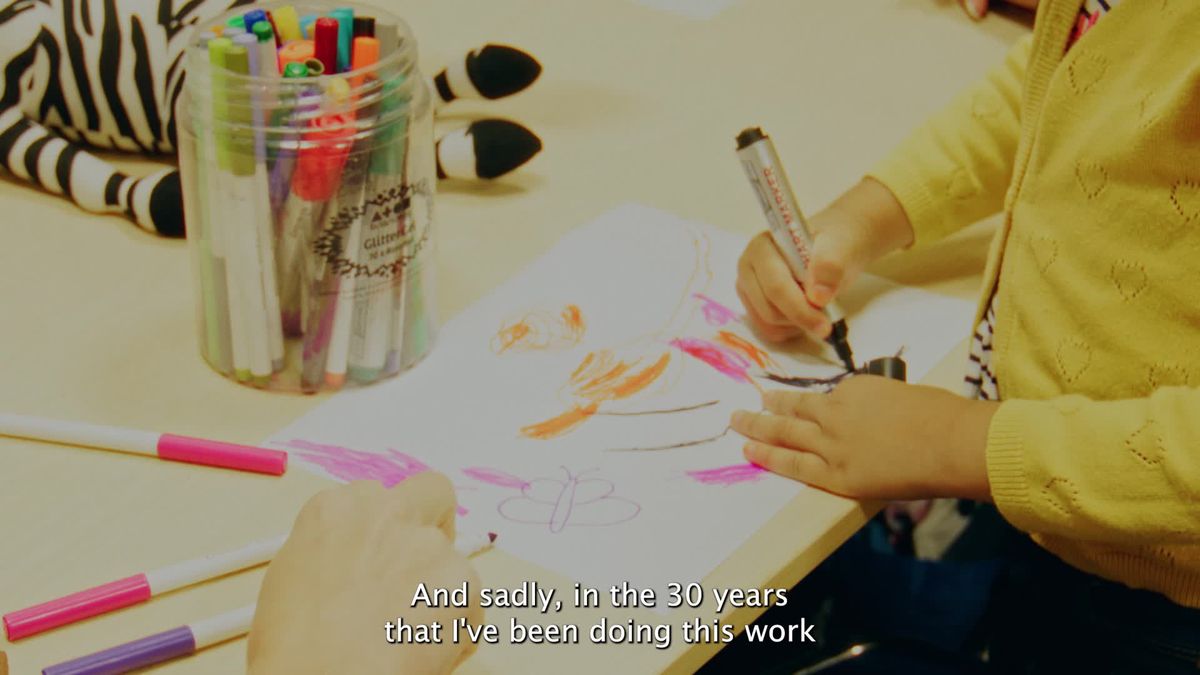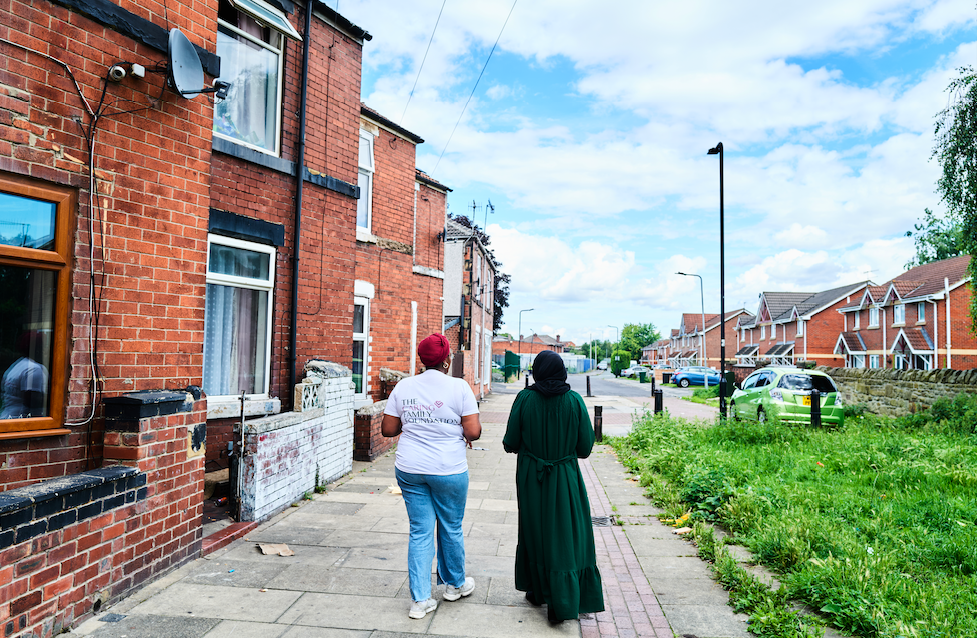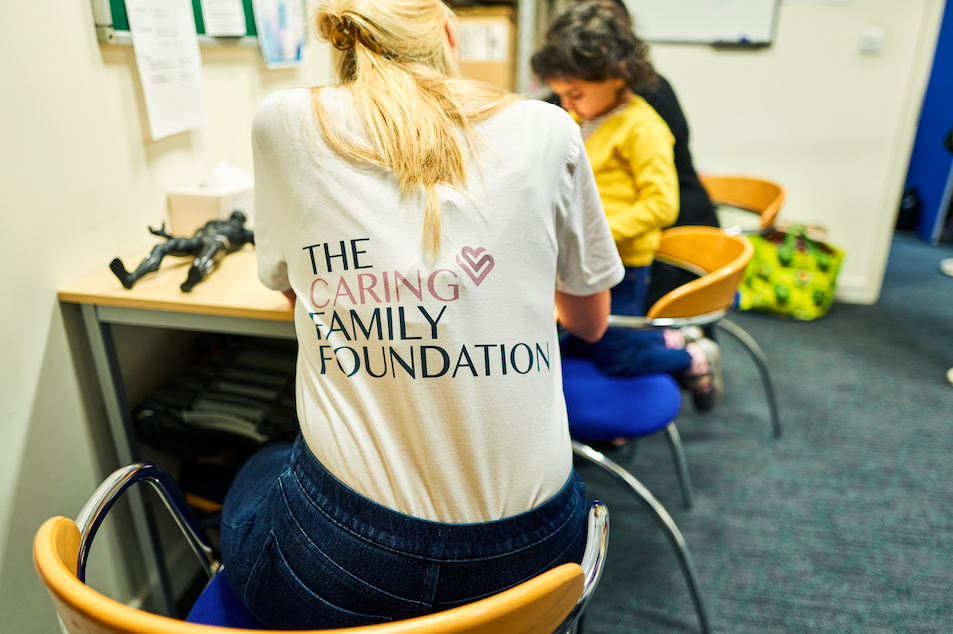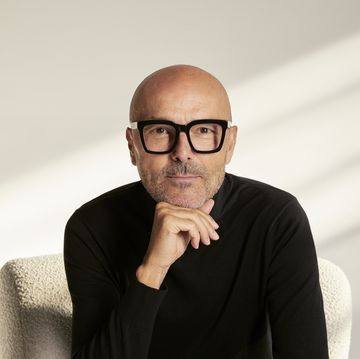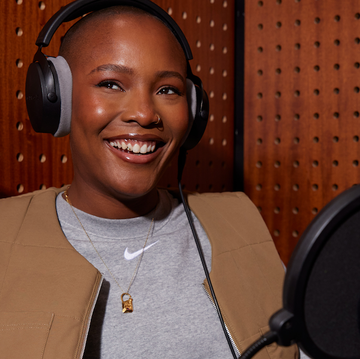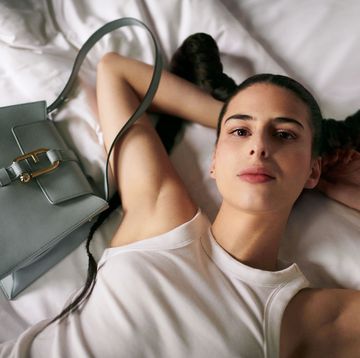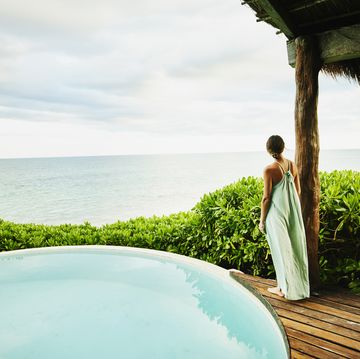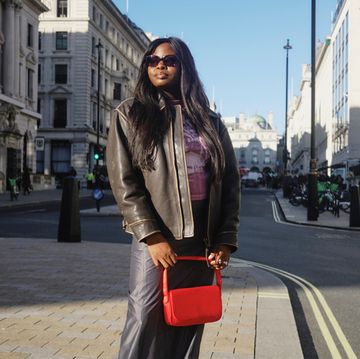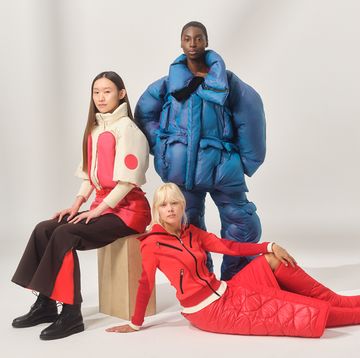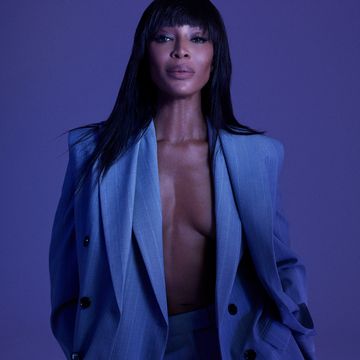There's no doubt that the effects of domestic abuse and violence towards girls and women remains one of the biggest humanitarian issues we continue to face globally. According the UN, an estimated 736 million women— almost one in three — are subject to physical and/or sexual intimate partner violence – 30% of which are women aged 15 and older. It's one of the reasons 16 Days of Activism Against Gender-Based Violence was created. The international initiative, first launched by civil activists in 1991 and now run in tangent to the United Nations (UN)'s UNITE by 2023, works tirelessly to unite individuals and organisations around the world in the call for the prevention and elimination of violence against women and girls.
Ahead of this year's 16 Days Of Activism Against Gender-Based Violence campaign – which begins on November 25 (the International Day for the Elimination of Violence against Women) and runs until December 10 (Human Rights Day) - ELLE UK spoke to Aaliyah Malik, a Young Women and Girls worker at the survivor-led organisation Apna Haq, to find out more about why their work is so integral to the development and protection of women and girls.
'For us at Apna Haq (which translates to "our right" in Urdu), the 16 days of activism is about building on the work we do on a daily basis,’ Malik explains. According to the activist, Apna Haq – which launched in 1994 – focuses mainly on outreach and becoming the first point of call for girls from BAME backgrounds 'to discuss sensitive topics'. As a result, 16 Days of Activism works as an amplifier 'for people who aren’t aware of how important this work is to support, and for potential service users who need our help', she adds.
The gender equality campaigner first became involved with advocacy work after watching her mother receive support as a service user – an experience she avidly credits as a turning point in her understanding of the value of support against gender-based violence organisations. Malik knows all too well the importance of highlighting the lack of discreet spaces for girls and women to talk about their experiences with gender based violence. While boys and men have barber shops where mental health issues may be discussed, the lack of female-only spaces, Malik believes, creates a hurdle for 'young girls who feel exposed by entering certain spaces'. It's one of the reasons Apna Haq launched its welfare workshops in 2022 after receiving funding from The Caring Family Foundation’s UK Domestic Abuse Fund (TCFF).
Another one of the organisation's TCFF-funded programmes is the ‘Spill the Tea’ Workshop, created in partnership with Women’s Aid to empower young women and girls to discuss issues with BAME parents. It's work like this that Malik thinks is 'vital in giving girls a voice and somewhere to go that's private and safe to speak about anything and everything'. The creation of sacred spaces helps to prevent peer to peer situations which may involve individuals disclosing private information or photographs which may, in turn, be used as a form of blackmail or shared with abusers. 'I’ve seen just how much of an impact organisations like Apna Haq can have on women and girls,' the university student notes. 'As an Asian woman, I'm also aware of the fact that, within my community, there are elements of support that require [a more profound] cultural understanding.'
Cultural competency when working with girls from a BAME backgrounds is paramount to the success of Apna Haq’s reach. While aid and legal support is helpful, for some girls help comes simply by being taught that gender inequality is not normal, or that despite what people like former Home Secretary Suella Braverman say, grooming isn’t something that just happens to white girls’. The activist emphasises that 'the daughter and nieces of today are tomorrow's women [who are] at the forefront of pushing for lasting change'.
Above all, Malik hopes to show young women and girls that abuse and having their voices silenced should not be tolerated and is never a 'small' matter. During her time working with Apna Haq, she has met primary school students who have been told by teachers that 'it's not a big deal' when boys harass them in class. Malik recalls her own childhood and being asked by a teacher whether harassment from a classmate was a 'dragon issue or a princess problem?'. 'These interactions, whether people are aware of it, help to uphold an environment that doesn’t value the word of girls,' she notes.
So, what does the future hold? According to Malik, it's crucial that society implements a 'shift in accessibility when it comes to people in rooms who have the power to stop abuse towards girls from happening'. '16 Days of Activism marks the beginning of a stand that says: "Hey, this is what girls have to bring in to the table, so listen to us".'
Since the launch of the grants in November 2022, The Caring Family Foundation have supported 4,891 women and girls via 16 organisations across the UK, including almost 1,000 additional children who have been indirectly impacted by domestic violence (85% of those beneficiaries from TCFF funds were from Asian and Black minority ethnic communities in the UK).
Looking further ahead, TCFF will continue their funding of victims and survivors of domestic abuse, creating more opportunities for women and girls to access services. The Foundation is due to open a transformation and employability centre for women survivors of domestic abuse in London, in 2024.
If you, or someone you know, are experiencing abuse, you can contact the National Domestic Abuse Helpline on 0808 2000 247, which is open 24/7 365 days per year, or via their website.
If you are in immediate danger, call the police on 999.
